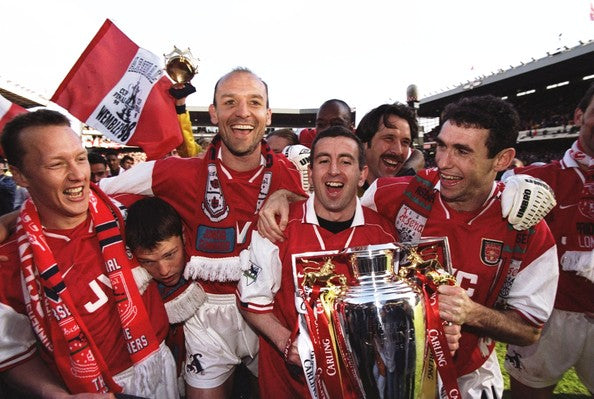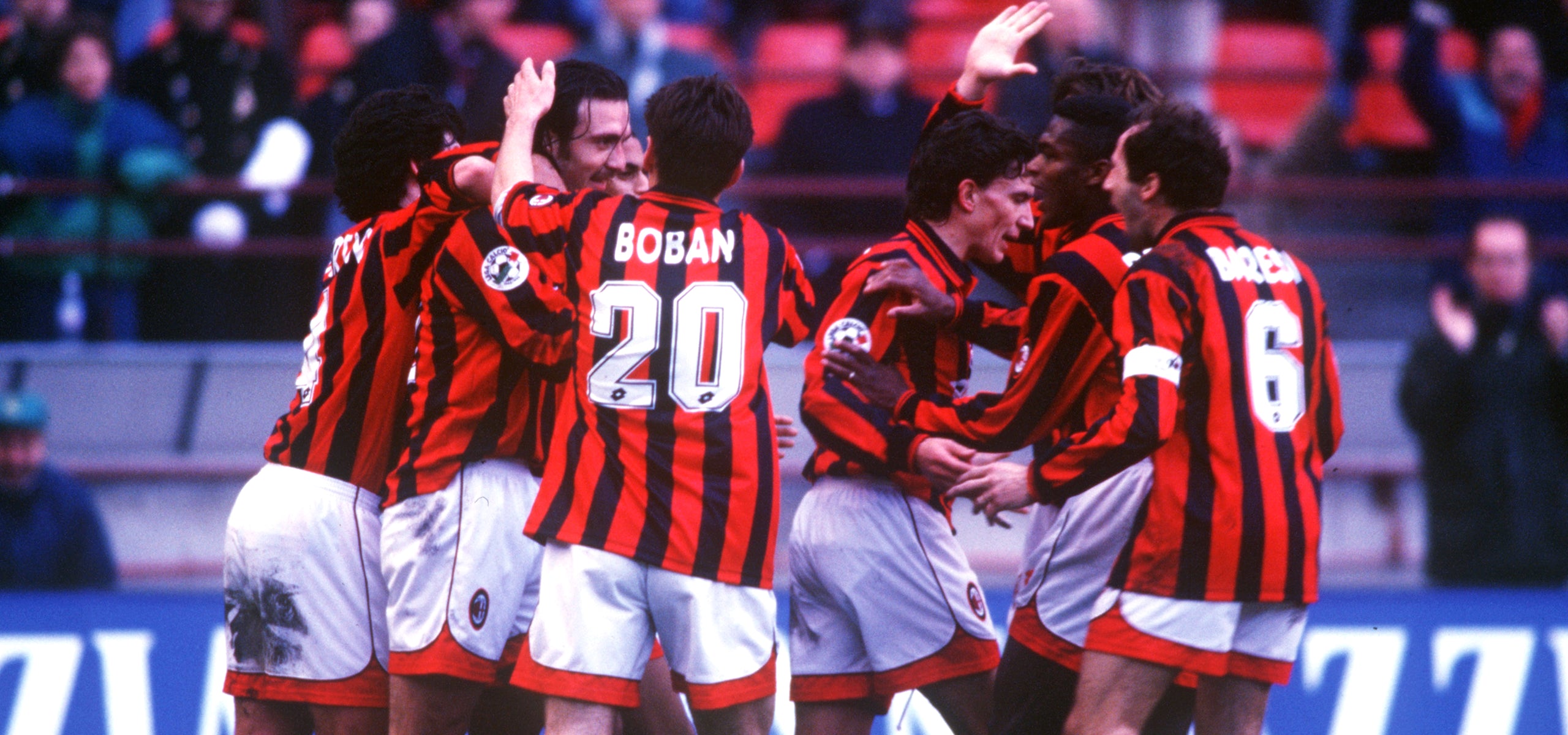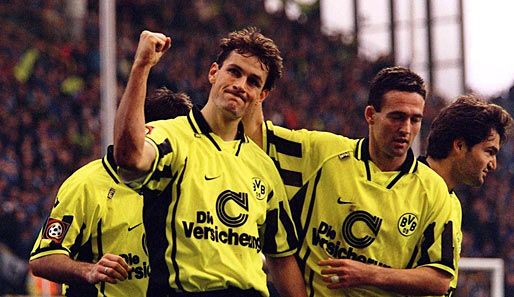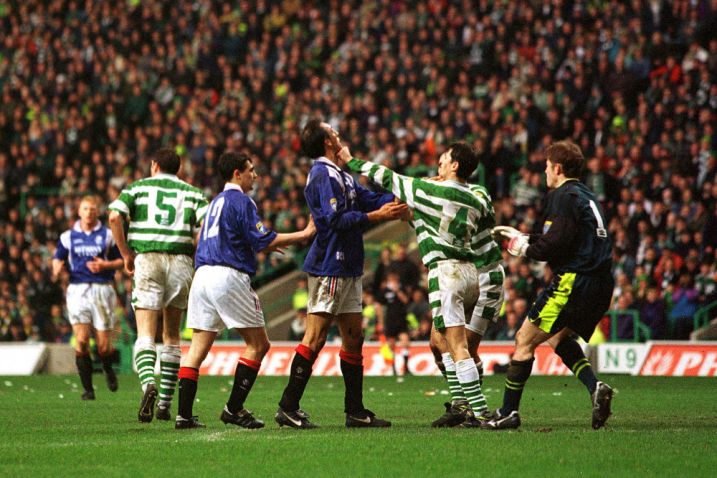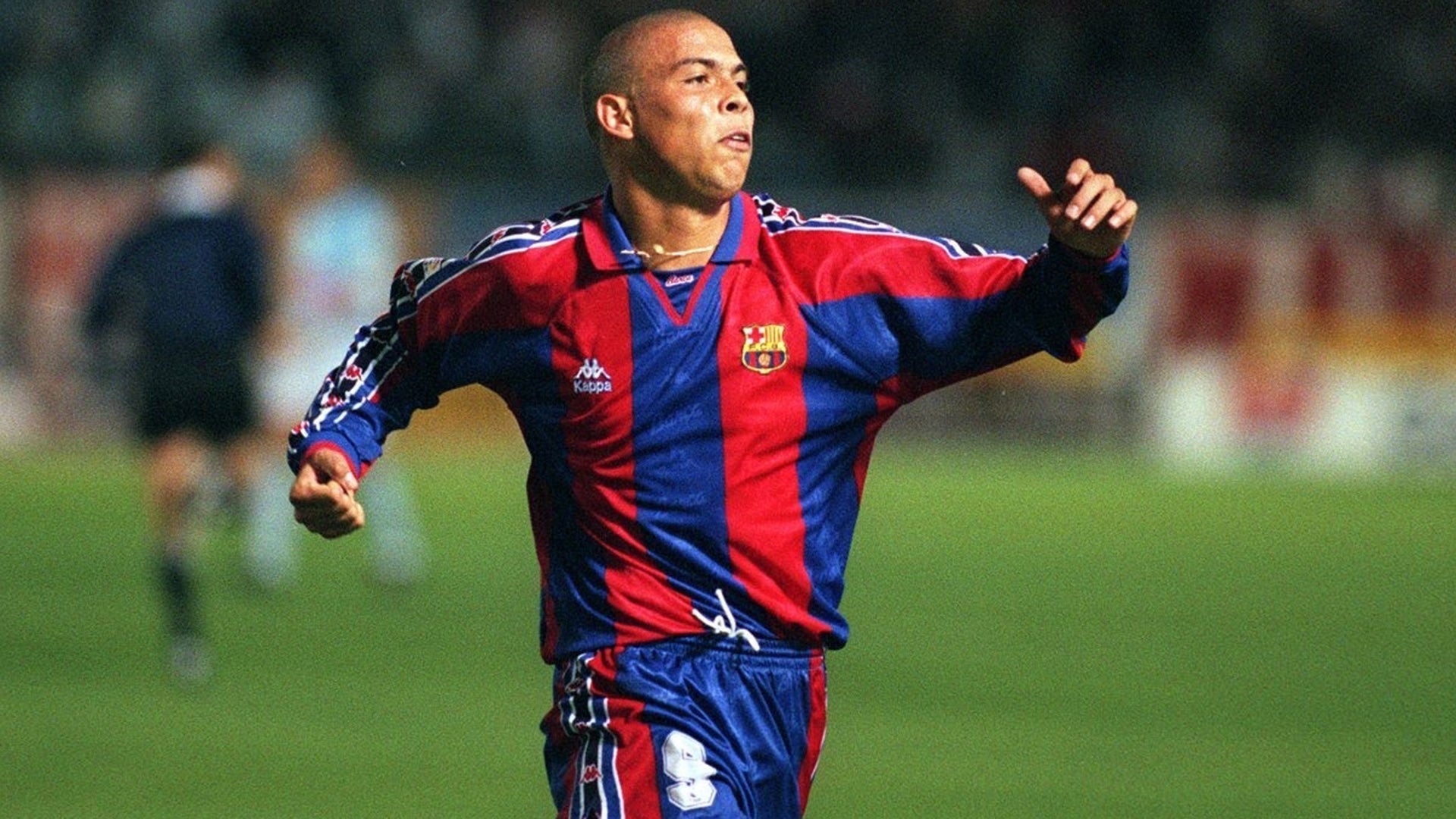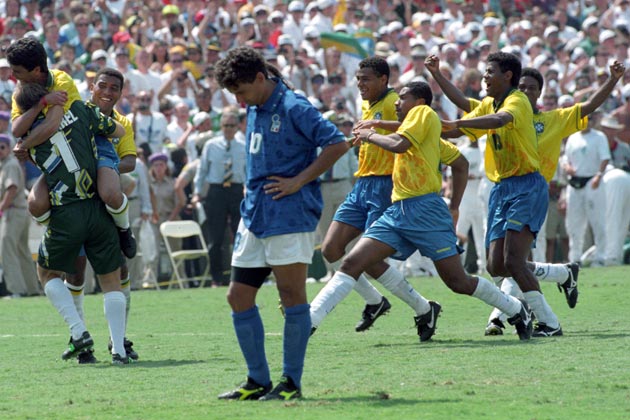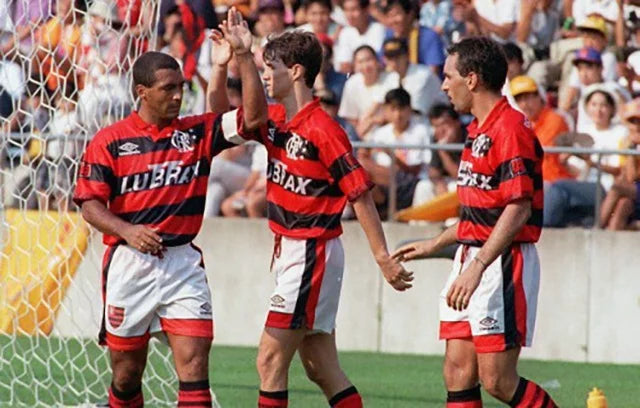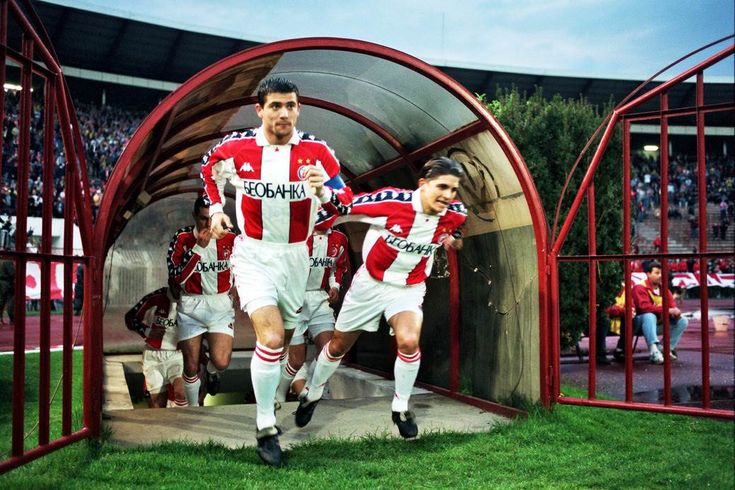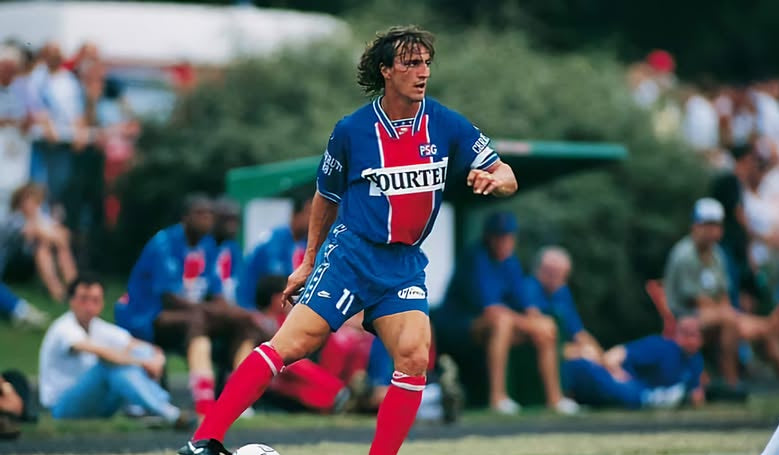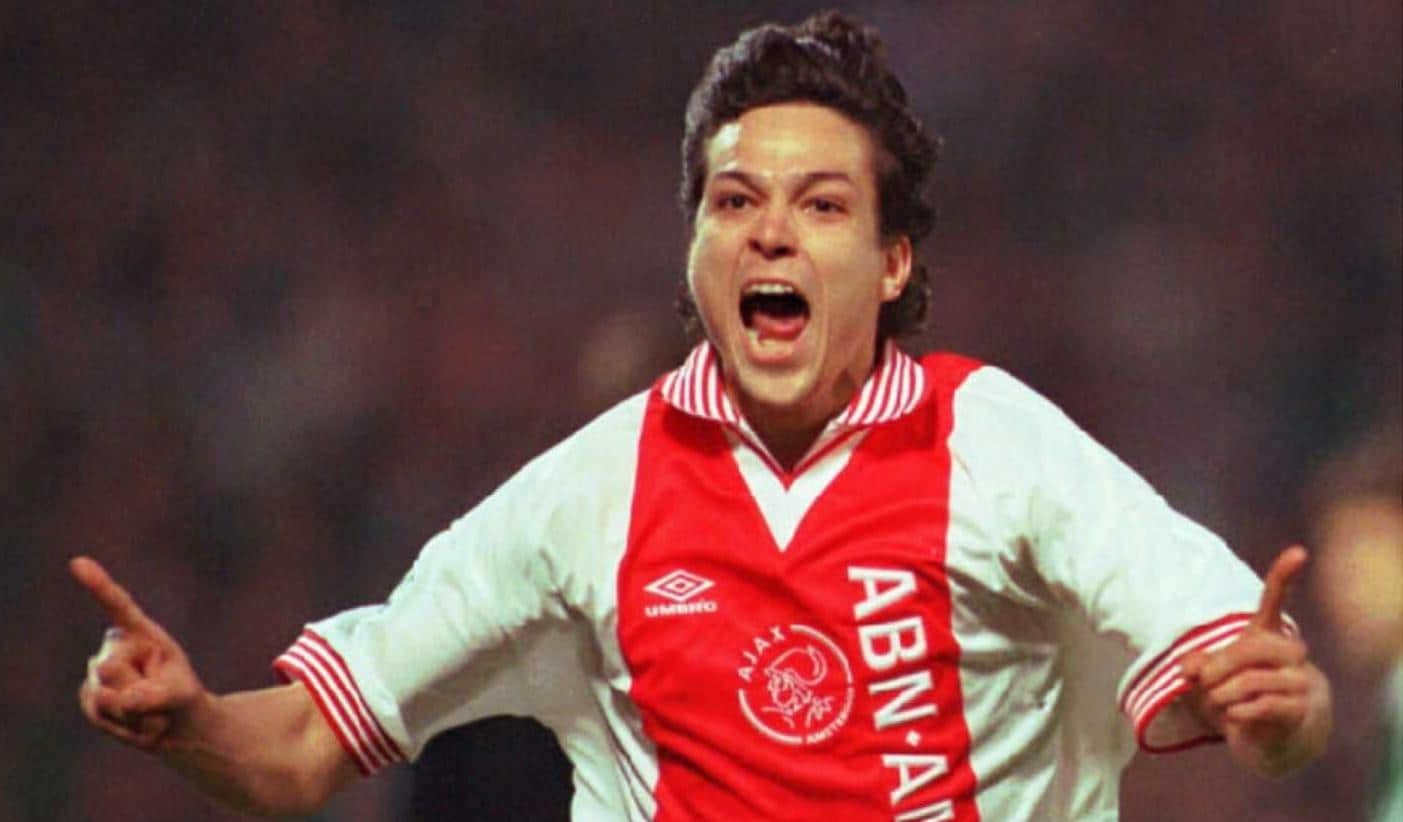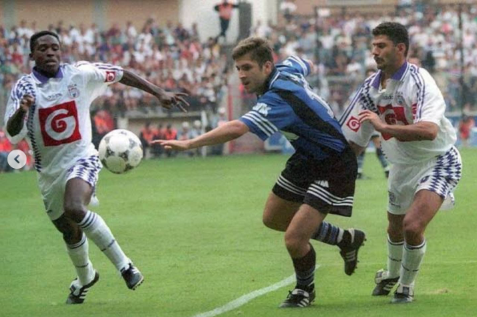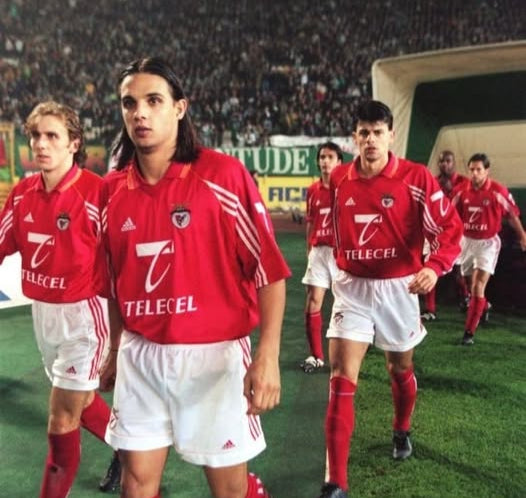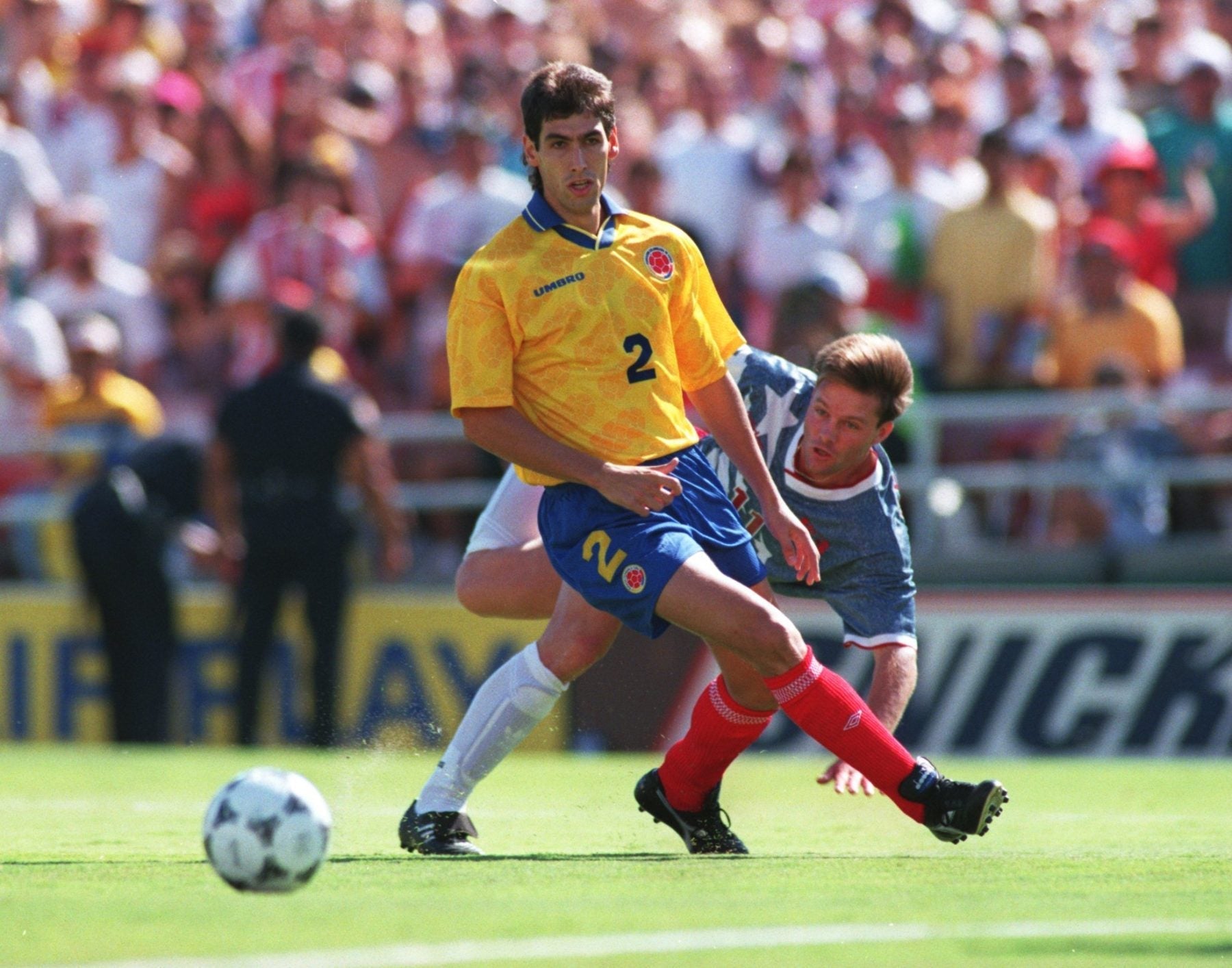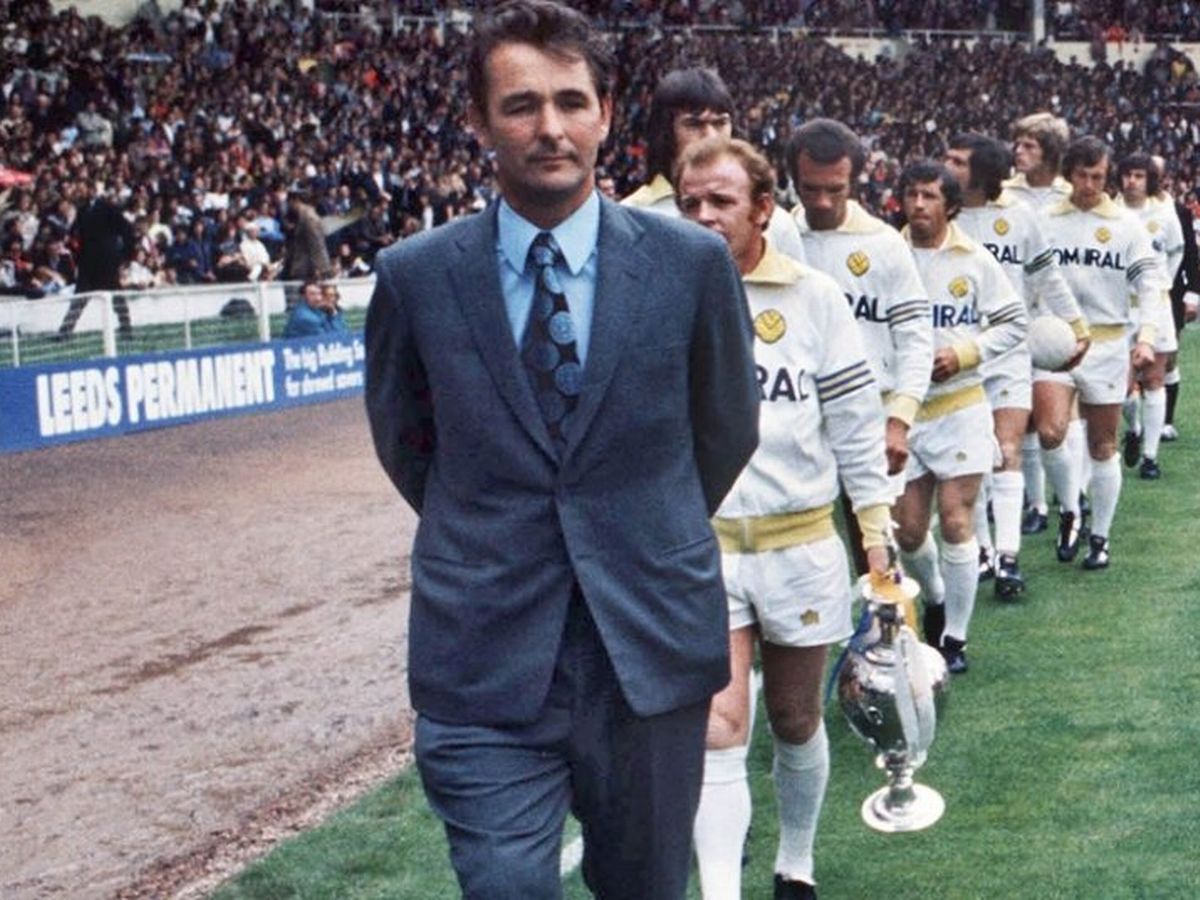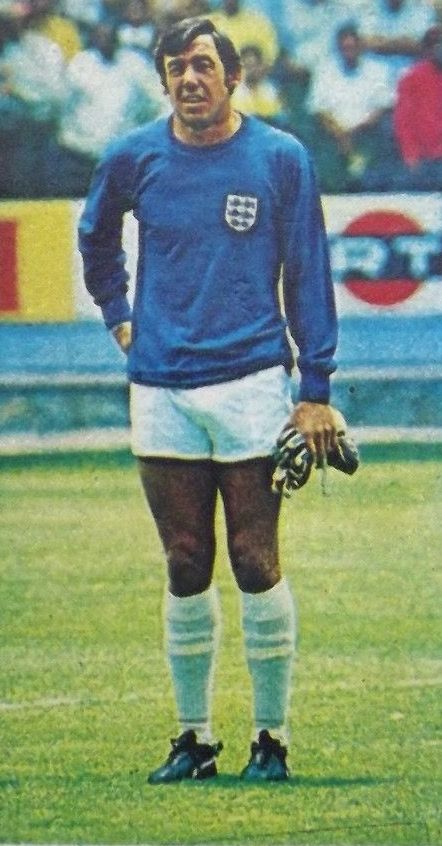
What if... Gordon Banks didn't get food poisoning?
Mexico, 1970. The World Cup quarter-final between England and West Germany shimmered in the Guadalajara heat. Alf Ramsey’s champions still looked every inch the holders, a squad brimming with the veterans of ’66 and carrying the same calm assurance that had delivered them to the summit of world football four years earlier. But fate, as ever in football, can turn on the smallest details and in this case, a meal gone wrong.

Gordon Banks, England’s imperious No.1, fell victim to food poisoning on the eve of the match. The man who had denied Pelé with that save days earlier was too weak to play, replaced by Chelsea’s Peter Bonetti. Bonetti was a fine goalkeeper, but he was not Banks. And against West Germany, in the furnace of a World Cup knockout tie, that difference told.
England led 2-0, playing the kind of controlled, clinical football that seemed destined to carry them through. Then, it slipped. Franz Beckenbauer’s shot somehow wriggled past Bonetti. Uwe Seeler’s looping header found the net. Extra-time loomed, and with it the unthinkable – Gerd Müller delivering the decisive blow, England out, West Germany marching on.
But what if Banks had played?

The save against Beckenbauer’s strike feels inevitable in this alternate reality. Banks had that aura, that sense of inevitability about him. The man who stood unflinching against Eusébio, Pelé, Rivelino, Müller himself. With Banks in goal, that first German goal may never have come. The nerves would not have frayed. The balance of the game – England’s confidence against Germany’s desperation – would have remained intact.
England, 2-0 up, see it out. Ramsey’s substitutions no longer questioned, the “what ifs” of Bonetti forgotten. England into the semi-final against Italy, buoyed, hardened, and still champions. Against an Italian side who needed extra-time and exhausted lungs to see off West Germany in the real world’s “Game of the Century”, England would have fancied their chances. A final against Pelé’s Brazil, perhaps the greatest side ever assembled, would have followed.
That, in truth, is where the dream may have ended. Even with Banks, Moore, Charlton, and Hurst, it is hard to see anyone denying Pelé’s destiny in Mexico. Brazil in 1970 were operating on a different plane, a carnival of movement and invention. But imagine if England had been there, not Italy. Imagine a Banks save to deny Jairzinho, a Moore interception to stop Tostão, a Charlton strike flashing just wide. Even in defeat, England’s legacy would have grown, not shrunk.

Instead, England’s 1970 exit became the beginning of decline. Banks’ illness was the pivot – the moment when destiny was knocked slightly off course. From holders to nearly men, from lords of Wembley to two decades in the wilderness.
Football is a game of inches, of what ifs, of fragile human details. One dodgy meal in Guadalajara, and England’s golden era ended not with a bang, but with a groan.

